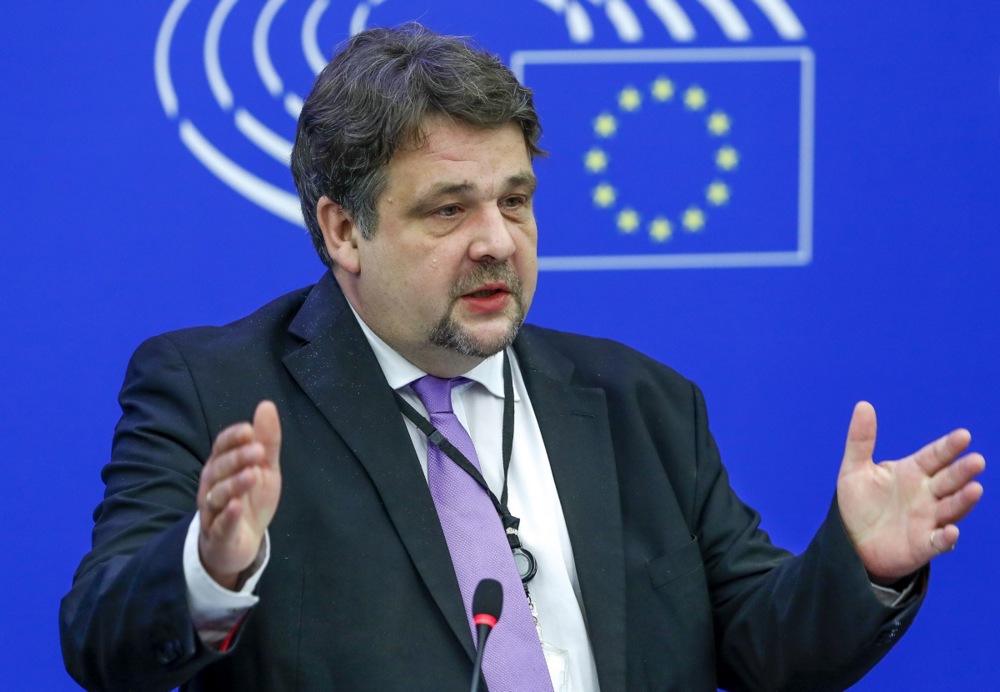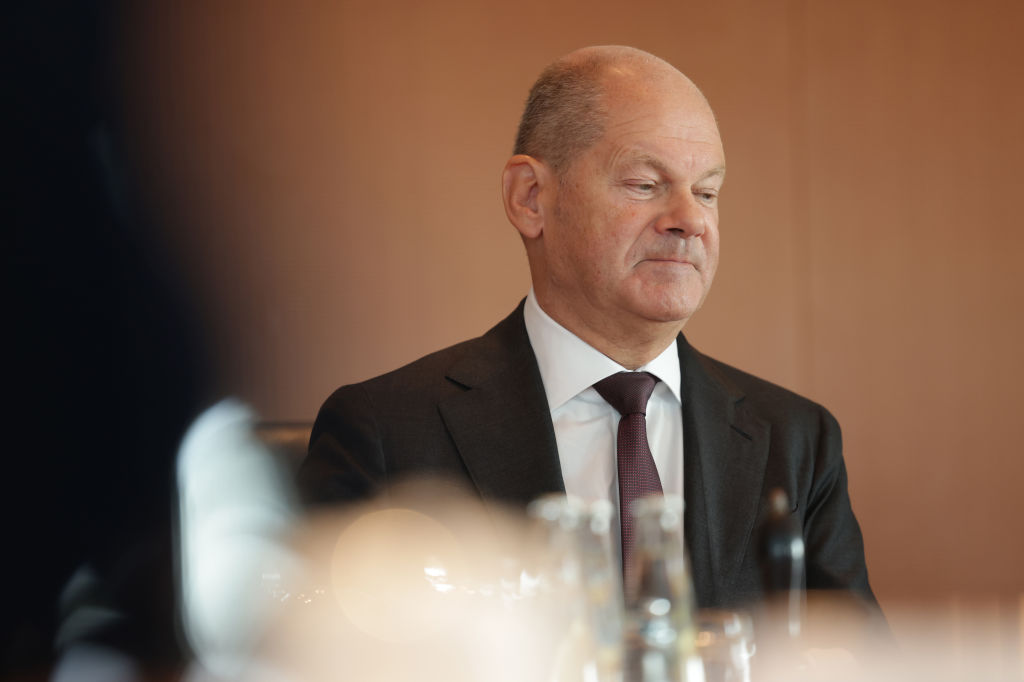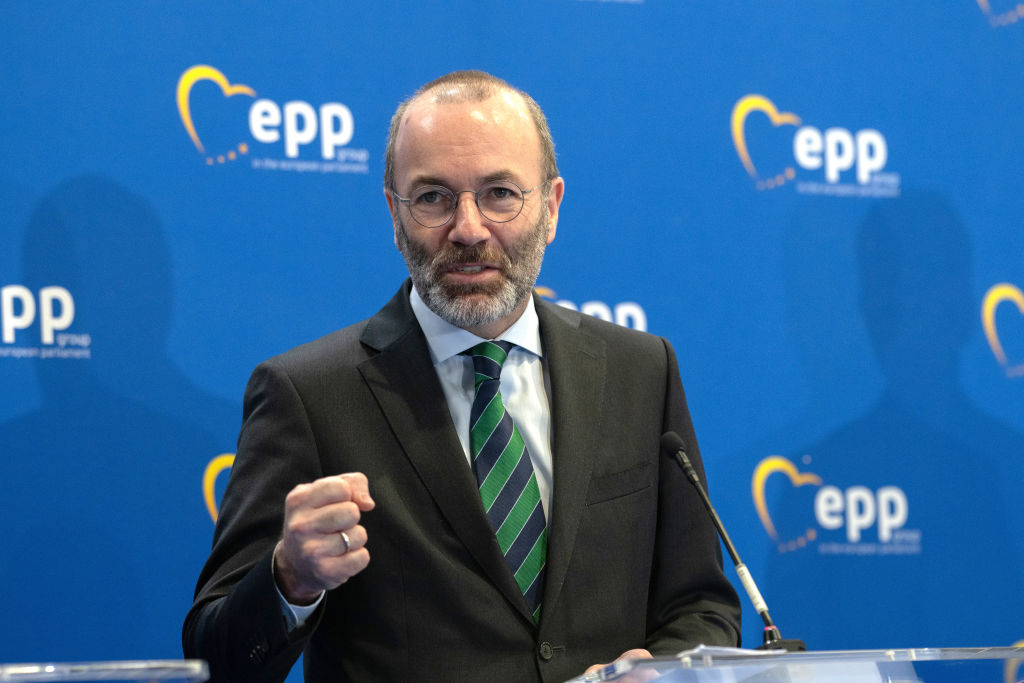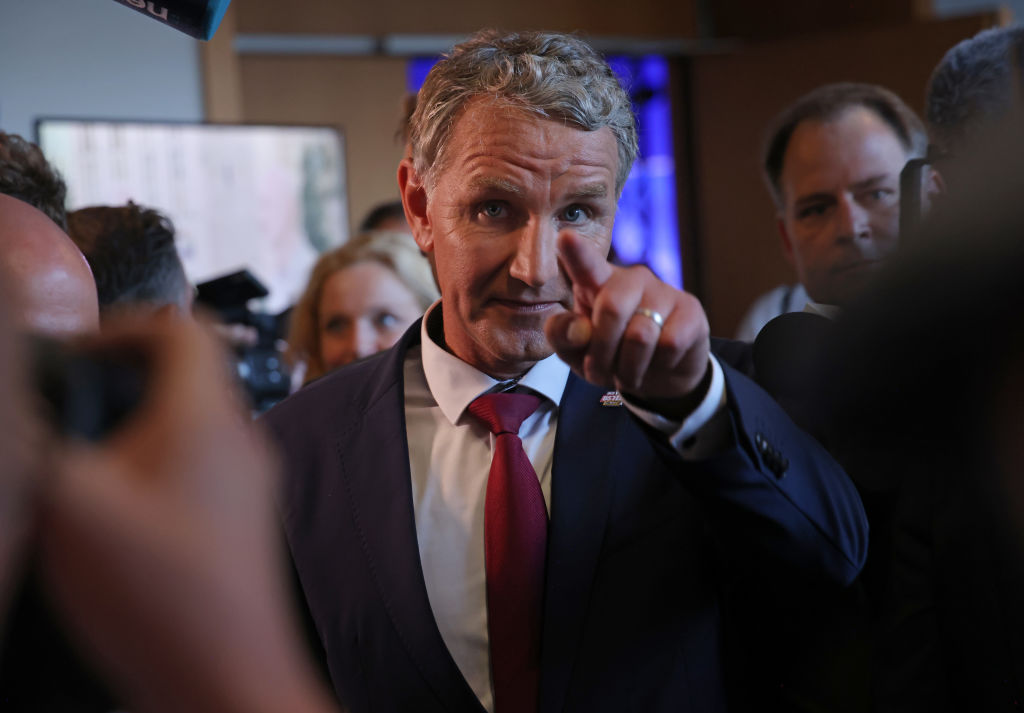Negotiations to build Right-Left coalition governments in eastern Germany could possibly “moderate” the policies of the populist Sahra Wagenknecht Alliance (BSW), a senior Christian Democratic Union (CDU) MEP has claimed.
Speaking in the Brussels Signal studio on September 2, Peter Liese MEP expressed concern at the results of the regional elections the previous day in Saxony and Thuringia. Both States saw the populist-right Alternative for Germany (AfD) finish with more than 30 per cent of the vote.
Asked about coalition possibilities in both regions, Liese confirmed that the CDU would not break its so-called “firewall” against the right-wing AfD, saying that party in government would be “dangerous” for both Germany and Europe.
German State elections in #Saxony and #Thuringia saw the hard-right Alternative for Germany (AfD) party make big gains while anti-establishment firebrand Sahra Wagenknecht’s new party (BSW) also performed well.
Full article ?? https://t.co/nL8eZStceI #Germany #elections pic.twitter.com/m1x8Z1JfmR
— Brussels Signal (@brusselssignal) September 2, 2024
The politician expressed less hostility towards the Sahra Wagenknecht Alliance (BSW). While he described the party as being a “black box” with unclear motives, he added that such an opaqueness might mean that the left-wing group could be negotiated with.
“There’s no party programme, so that’s a risk of course. And you don’t know where they really want to go,” he said.
“But it’s also an opportunity, so that discussions with these people can lead to a more moderate position.”
Liese insisted that the CDU had made “no formal decision not to talk” to the BSW about coalition building, adding that it was now up to his “colleagues at the regional level to discuss” the possibility.
The CDU has found itself in a difficult position following the two State elections, with initial figures indicating that the party will either need to work with The Left and BSW parties or the hard-right AfD to form governments in both regions.
While both The Left and AfD are subject to a cordon sanitaire, CDU politicians have recently appeared willing to soften their stance towards the former in order to prevent the latter from gaining further influence.
Liese did emphasise that while things had grown difficult for the CDU in the east of Germany, at the federal level, more moderate parties were continuing to poll relatively well, as evidenced by the European Parliament elections.
“At the national level overall, we succeeded,” he said.
“The CDU is clearly number one, and the pro-European parties still have a strong majority,” he added, insisting that it would be unwise to “exaggerate” the success of the AfD and BSW.
The full interview with Peter Liese MEP will be made available on the Brussels Signal website and YouTube channel on September 5.
German political parties are said to be open to co-operating with the hard-left party of Sahra Wagenknecht in regional government coalitions, but she has some conditions. https://t.co/xSDQTqy1uo
— Brussels Signal (@brusselssignal) July 29, 2024





